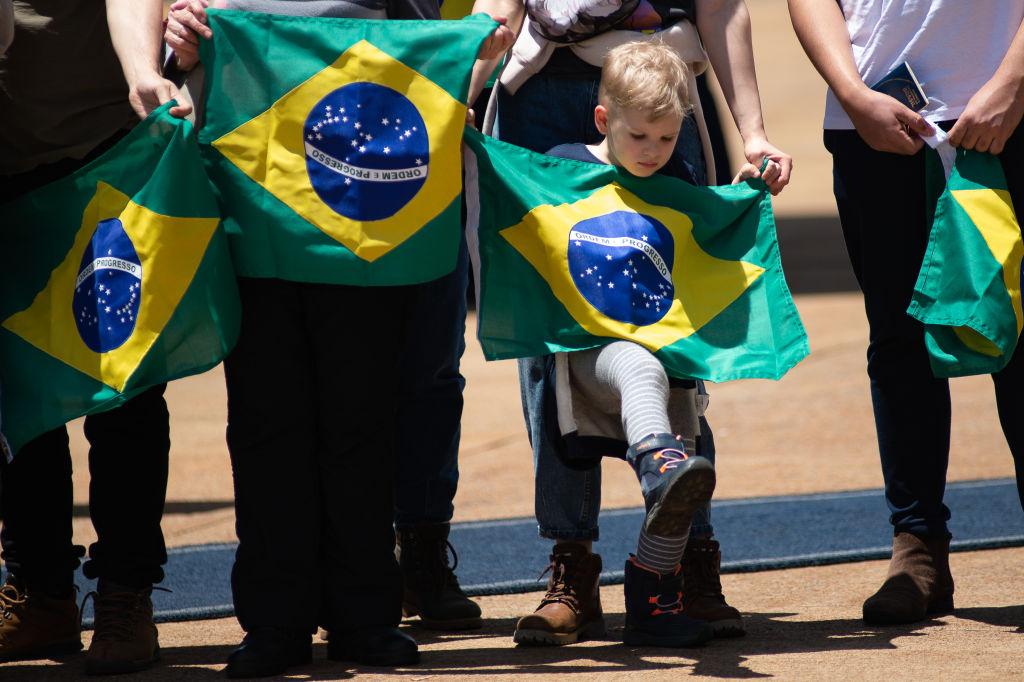Commentary
Social media companies are often accused of censoring conservative voices. However, the Constitution of Brazil explicitly prohibits all forms of censorship or any hindrance being placed on freedom of expression and freedom of thought.

Social media companies are often accused of censoring conservative voices. However, the Constitution of Brazil explicitly prohibits all forms of censorship or any hindrance being placed on freedom of expression and freedom of thought.